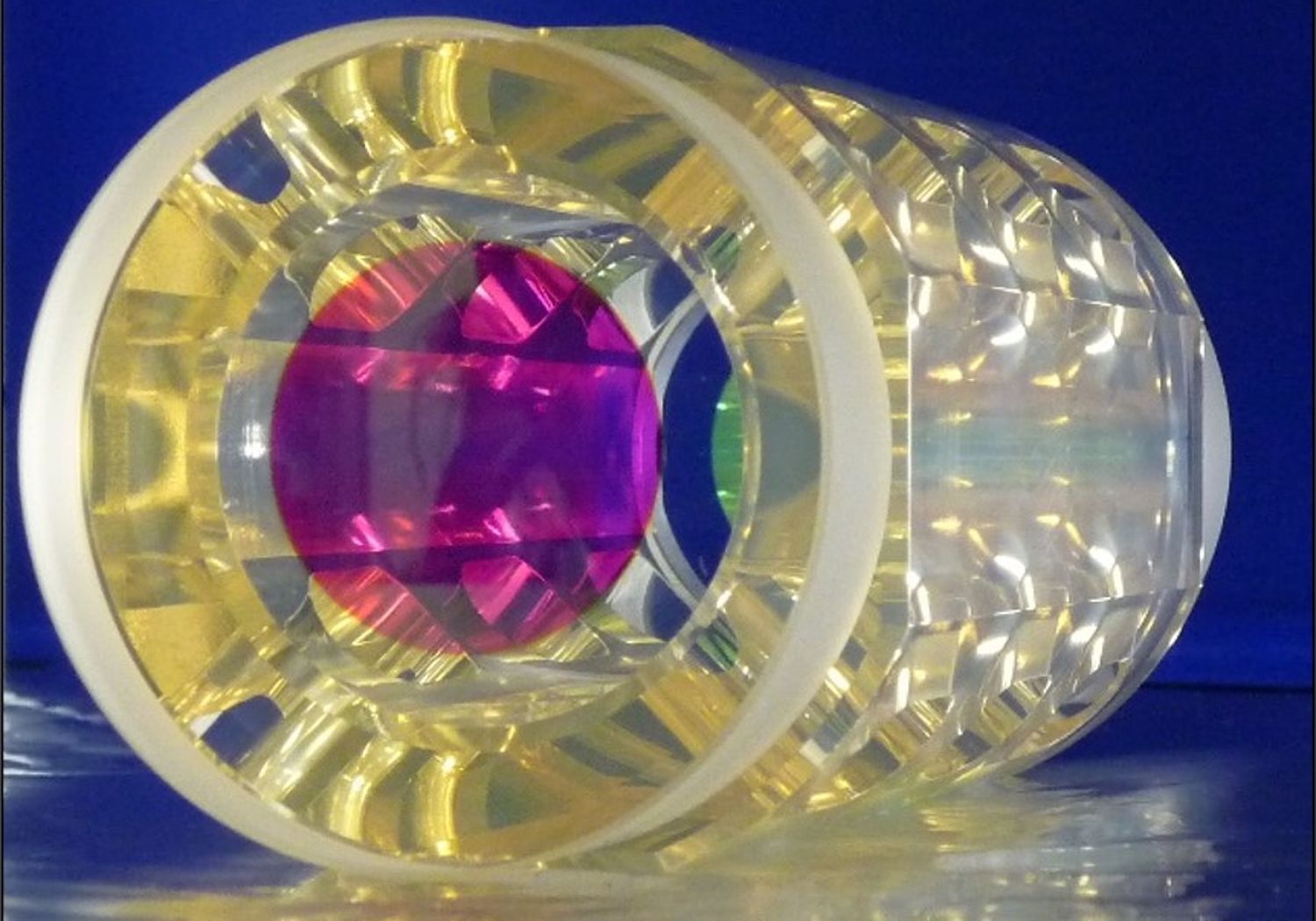Towards quantum-based realisations of the pascal
Short Name: QuantumPascal, Project Number: 18SIB04
Quantum-based realisations of the pascal expected to yield new ways to calibrate gas pressure measurements
Despite minimal improvements in performance over decades, industrial and scientific measurements of gas pressure are still made with manometers containing toxic mercury. Piston gauges are more accurate but require exchange of weights during calibration and can be slow, bulky, complex, and require additional methods below 3 kilopascals. In theory, the drawbacks could be fixed using photon-based devices that use helium or other gases as the calculable reference substance. Miniaturisation could also enable faster, cheaper, calibration-free measurements.
The project has developed photon-based standards, applying quantum methods showing potential as a replacement primary standard of the SI unit of pressure, the pascal. Various methods were tried, some pioneering, combined with new calculations of thermodynamic and electromagnetic gas properties. Performance was then compared with current primary pressure standards.
Technologies developed will be promoted to end users and standards bodies: as quantum-based realisations of the pascal could enable more accurate and versatile pressure measurement methods, to benefit other fields of metrology, wider science, industry and manufacturing.
Metrologia
Molecular Physics
Metrologia
Journal of the Optical Society of America B
The Journal of Chemical Physics
Nature Physics
Sensors
Journal of Vacuum Science & Technology B
Spectrochimica Acta Part B: Atomic Spectroscopy
Journal of Research of the National Institute of Standards and Technology
J Res Natl Inst Stan
Physical Review A
ACTA IMEKO
ACTA IMEKO
ACTA IMEKO
ACTA IMEKO
Journal of Vacuum Science & Technology B
The Journal of Chemical Physics
